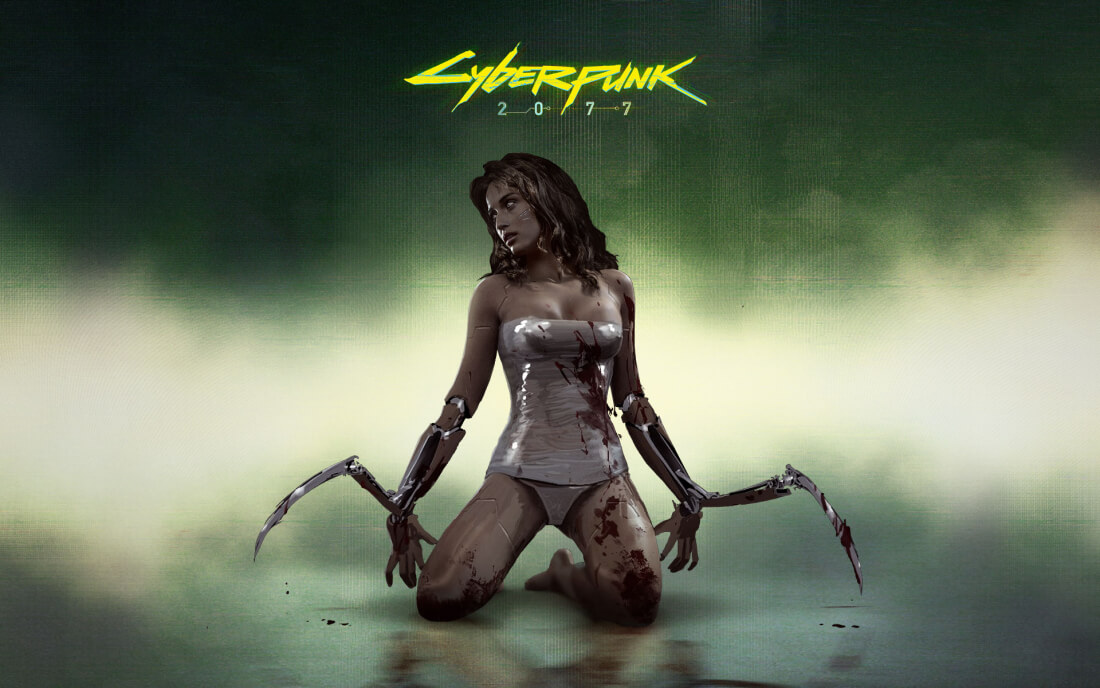
The game studio responsible for The Witcher franchise, CD Projekt Red, stirred up some controversy recently when it trademarked the term “cyberpunk,” according to GameSpot. The team is working on a new IP titled Cyberpunk 2077, which is based on the “pen-and-paper RPG Cyberpunk 2020.”
The term cyberpunk is primarily used in a generic manner to describe a particular niche of sci-fi literature. These stories usually revolve around dystopian futures where humanity is in the throws of transhumanism. The Deus Ex series of novels (and video games) by James Swallow would be a good example of the genre. Phillip K. Dick’s, Do Robots Dream of Electric Sheep on which the movie Blade Runner is based, would be another example.
Fans of this genre are very passionate about it. So when CD Projekt Red trademarked the word, enthusiasts were worried that the term was being co-opted and that the whole thing was “reductive.” Registering a word that is widely used can lead to abuses of the trademark.
The Inquisitr reported that Hello Games, maker of No Man’s Sky, was sued in 2016 by Sky TV which claimed a trademark on the word “sky.” Hello Games won the right to keep Sky in the title of its game, but only after coming to a “secret stupid” settlement agreement. The British-based cable company also threw its weight around when Microsoft wanted to name its cloud service SkyDrive. The software giant buckled to the bullying and renamed its service OneDrive.

So, there is some basis for concern over trademarking a word that is commonly used to describe something that already exists. However, according to GameSpot, CD Projekt Red is not planning to “aggressively” enforce its trademark like Sky TV has.
“The reason for our registration is to protect us from any unlawful actions of our competitors,” said a spokesperson. “A trademark is not a copyright or patent — these are totally different rights and should not be confused.”
What this means is that CD Projekt Red is not looking to pursue artists and authors who wish to use the term in their work. It even gave a couple of hypothetical examples of titles that it would not catch its attention for trademark violations.
“If someone names their game: 'John Smith: Adventures Set in a Cyberpunk Dystopian Society' or '20 Short Video Games Set in Cyberpunk Worlds,' none of them should be treated as an infringement of our rights.”
The developer just wants to ensure that it protects itself from other companies using the word as a way to ride on the coattails of its IP or to misrepresent the brand.
Of course, all of this is assuming that the title is successful. However, if the studio does as good a job with Cyberpunk 2077 as it has done with The Witcher franchise, then we could be looking at a long and lucrative series.
https://www.techspot.com/news/68862-cd-projekt-red-pledges-not-abuse-trademark-word.html